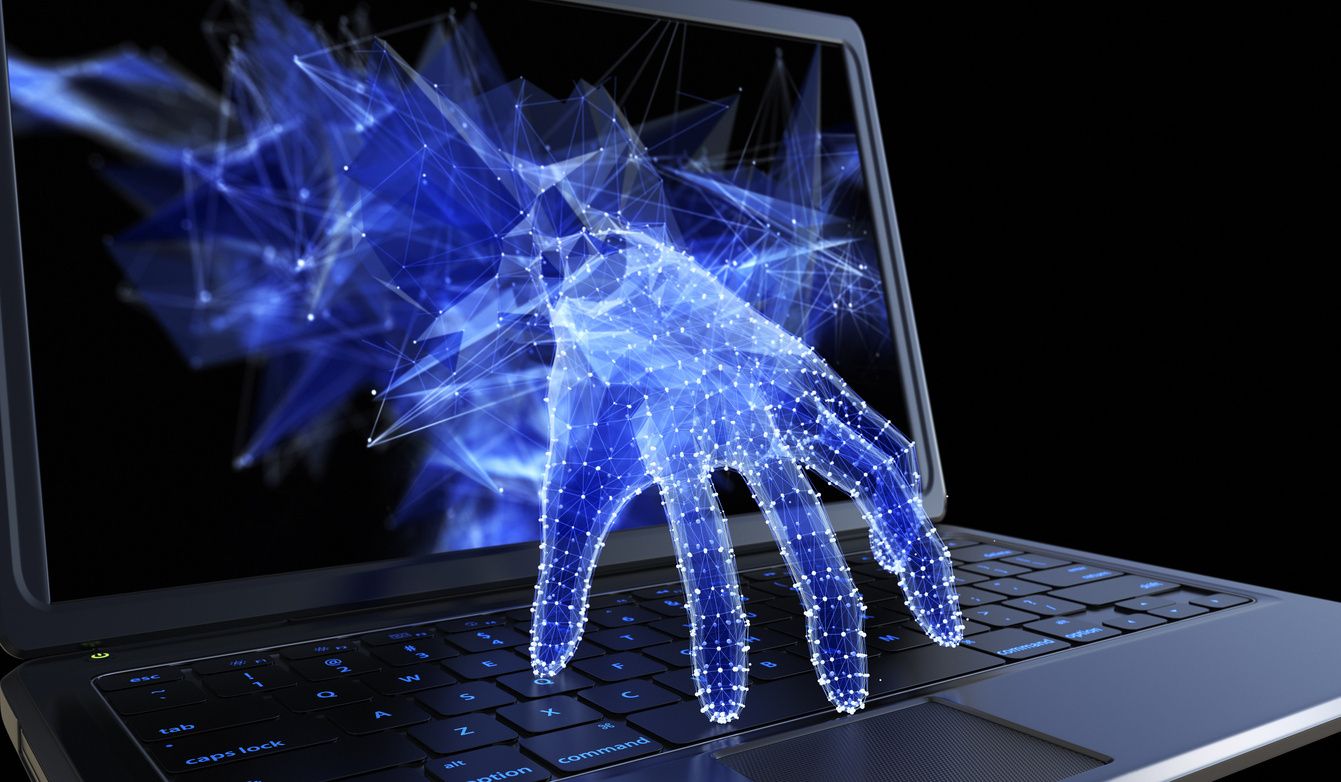Chances are, you've been hacked
If Yahoo's news told us anything thisweek it's this: At any moment, at anytime, our private information stored digitally can be seen. This week, Yahoo admitted that the one billion accounts it had reported being hacked in August 2013 was actually closer to three billion — basically every single Yahoo account.
Putting aside that this information came out only after Yahoo's close of its $4.5 billion sale to Verizon — and three years after it informed the first billion account holders — this isn't the news internet users want to hear.Ever.
We believe our passwords are a lock and key, meant to hide our names, addresses, birth dates and security questions plus answers (all information that hackers gleaned from Yahoo.) But that's just not true. And not only can this information be ferreted out — they can be seen and you may not know for years.
So unless you're living completely off the grid — no social media accounts, no email, no smart phone, no uploading or downloading to the internet — your information, online, can be at risk of being seen. There are steps, however, that can tamp down the affect of having your information breached:
- Don't use public (i.e. free) Wi-Fi connections.
- Don't leave your computer lying around at a coffee shop, near a window (drones anyone?) or in any space that's shared or can be seen.
- Do. Not. Use. The. Same. Password. Over. And. Over. Again.
- Consider buying a device that monitors your home's Wi-Fi connection.
- Check your bank and credit card statements. Often. (Often.)
- Check your credit history.
- Enable two-factor authentication on any account that offers it.
Yahoo, now called Oath, is now pushing some of these suggestions on its own web site as well.
